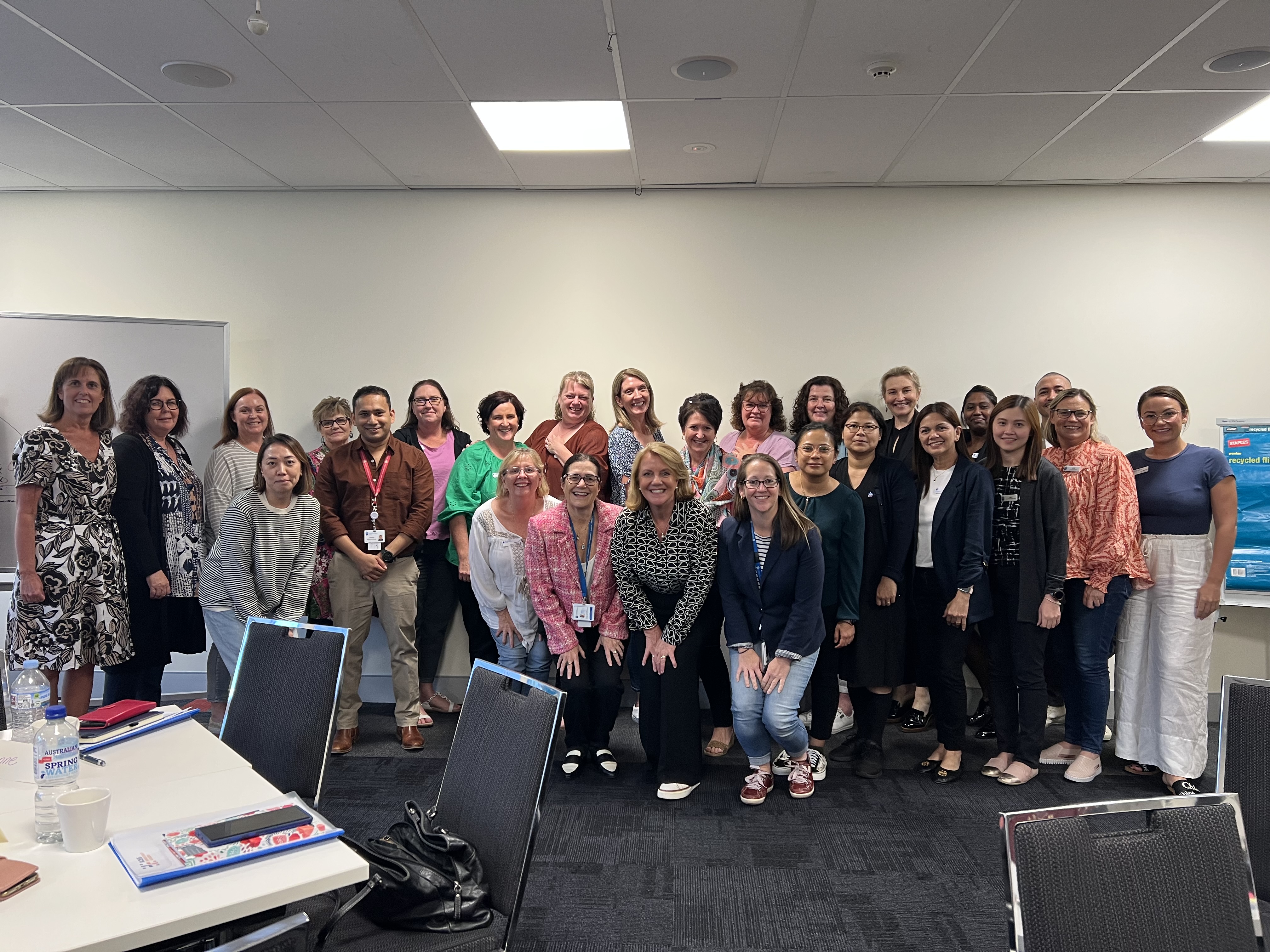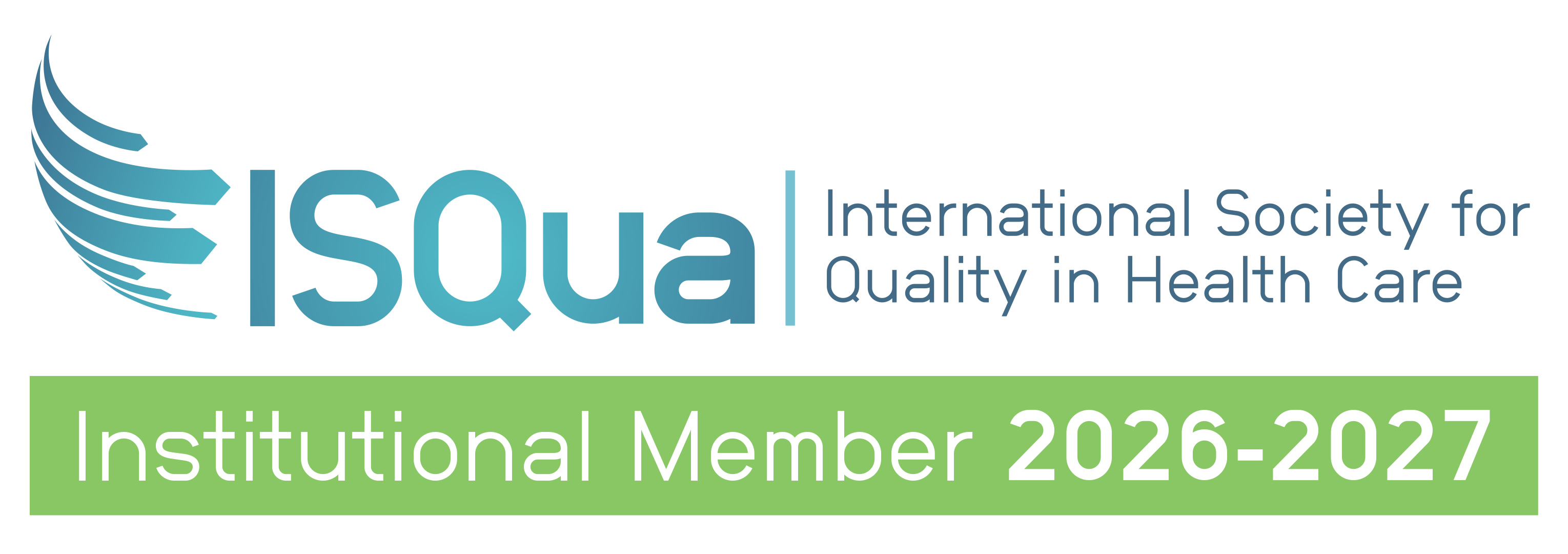
Improving healthcare safety through Root Cause Analysis (RCA)
Learn how incident review methods such as RCA with a focus on systems thinking can support continuous improvement to the quality and safety of healthcare.
Adverse events (AEs), which are incidents resulting in harm to patients receiving health care, occur across Australia’s health system at concerning rates. Researchers estimate the rates of AEs in Australian hospitals occur at around 6.9 - 16.6 percent.
Procedural errors and medication complications are among the most common AEs in Australia, and approximately 5 - 10 percent result in serious harm or death. The Commission estimates that hospital-acquired complications in 2017-18 cost the public sector around $4.1billion. Clinical incidents also bear significant personal and financial costs to the patients and families involved.
Minimising the frequency of AEs is key to the provision of safe and quality healthcare. When there is a serious adverse patient event, a systematic review of the incident is required using a methodology such as Root Cause Analysis (RCA). The goal of RCA is to help clinicians understand where processes failed, why they failed, and determine what can be done to prevent an issue from occurring again. RCA links closely to Clinical Incident Management and Quality Improvement as per the Clinical Governance Framework and Standard 1 NSQHS second edition requiring, ‘the implementation of organisation-wide incident management and investigation systems', including the use of ‘the information from the analysis of incidents to improve safety and quality’ (see NSQHS Standards – Action 1.11)
An RCA is an in-depth investigation of a serious clinical incident that emphasises on making strong system-based recommendations and implementing those recommendations. They typically involve teams of 3 – 6 people to undertake interviews and to collect and analyse other data.
Robust incident management systems rely on the foundation of skills and knowledge of investigators and teams involved.
Previous studies of RCA have shown that investigators tend to settle for ‘weaker’ administrative solutions (such as reminders) rather than solutions that target underlying causes, such as poorly designed technology or defective operational processes and systems. Administrative solutions rely heavily on changes to human behaviour, where there exists a prevalent margin for error to occur.
Researchers suggests that for effective RCA to occur, teams should be trained in human factors and systems-based thinking. This looks at developing an awareness of human factors and their contribution to systems where errors can proliferate and how organisations can build more reliable systems to reduce error.
Strong RCA report writing skills are central to achieving meaningful change within an organisation when there has been a serious adverse event. An effective RCA report communicates the results of the analysis in a clear and concise manner, making it easy for stakeholders to understand the identified causes of the adverse event and the recommended actions.
Often, producing the final clinical incident report is viewed as an end as opposed to beginning of the continuous quality improvement process. It is important for teams involved in investigation to understand how incident reports fit into wider incident investigation and quality improvement systems.
If you are looking to learn the principles of effective incident management, the Improvement Academy have a range of courses for you to become an effective change agent in your organisation. Browse our upcoming Root Cause Analysis (RCA) and RCA Report Writing courses now.
The Improvement Academy can offer the custom incident writing and report writing workshops to a single organisation or a group of organisations based on the specific service provider, including both public or private sector entities.
.jpg)
Pictured: Custom Training with St Vincent's Health Australia, QLD facilitated by Director, Improvement Academy Bernie Harrison and ACHS RCA Trainer, Ms Tammy Doyle
Please complete our Custom Training Enquiry Form to request more information.

